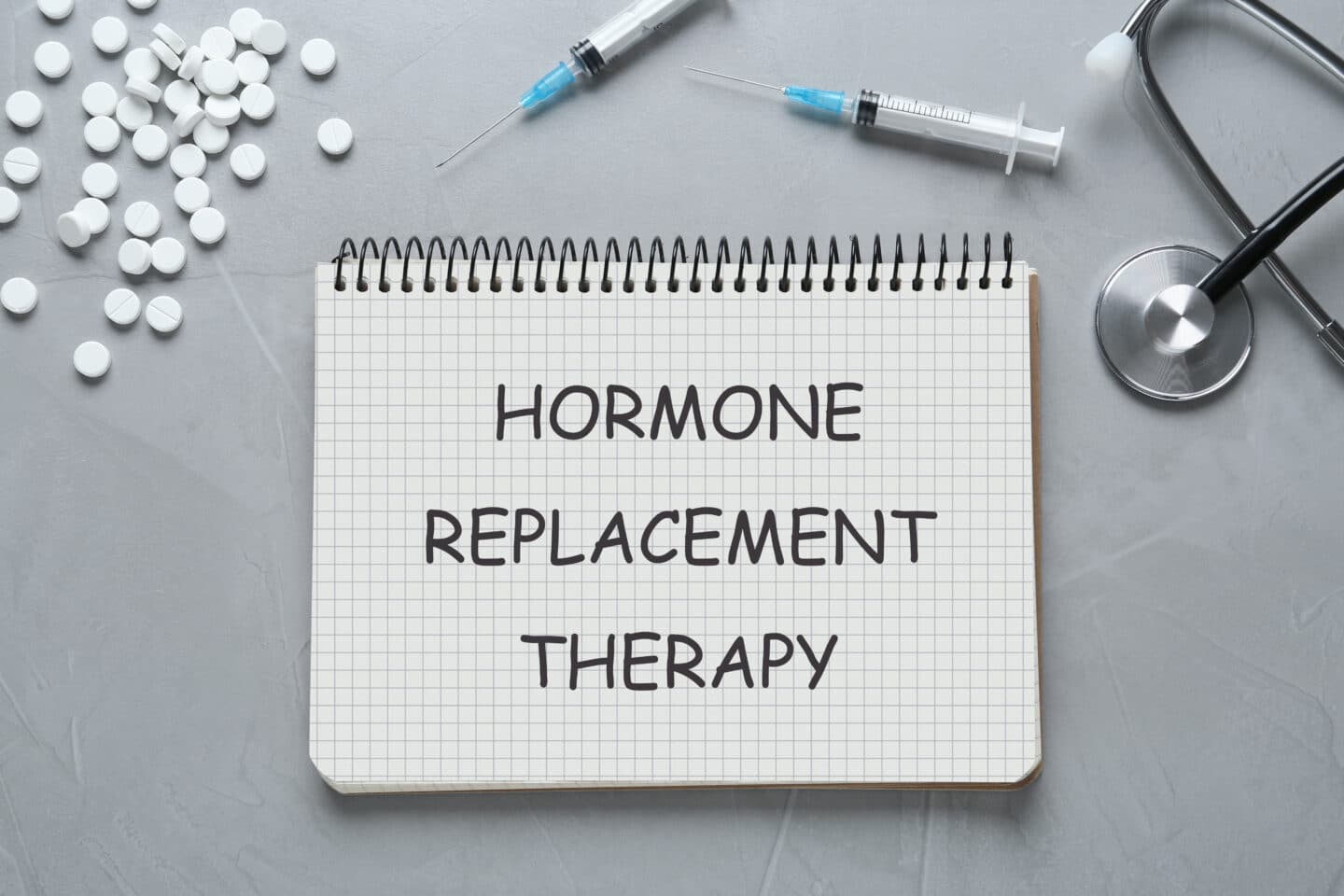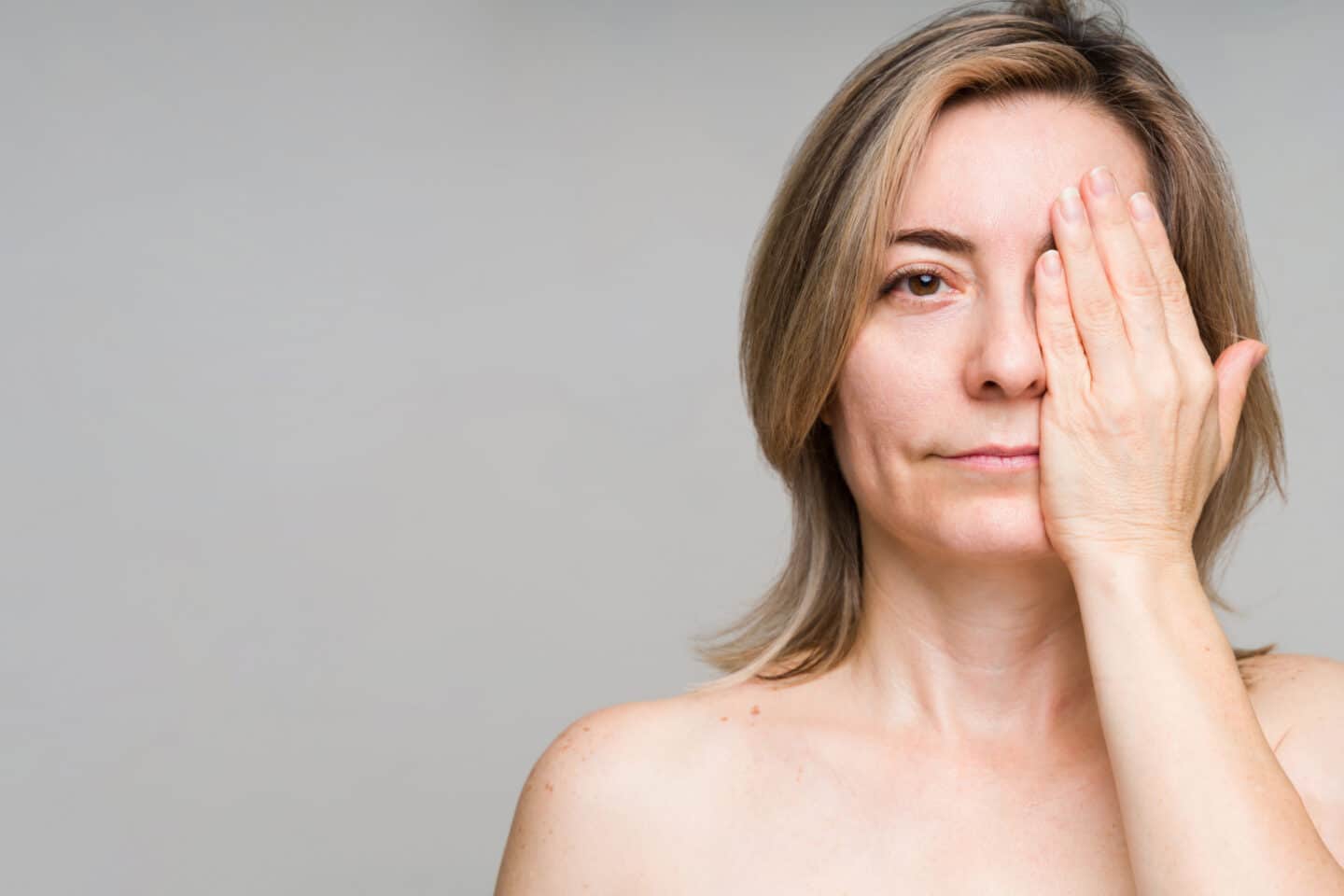Hormone Replacement Therapy (HRT) has long been recognized for its role in alleviating menopausal symptoms. Beyond these benefits, HRT offers significant advantages for skin health, helping individuals maintain a radiant complexion as they age. This article explores the intricate relationship between hormones and skin, the impact of HRT on skin aging and improving your skin, and considerations for those contemplating this therapy.

Understanding the Relationship Between Hormones and Skin Health
Hormones, particularly estrogen and progesterone, play a pivotal role in maintaining skin integrity. They influence collagen production, skin thickness, elasticity, and hydration levels. As individuals age, especially during menopause, the decline in these hormones can lead to noticeable skin changes.
The Role of Estrogen in Skin Maintenance
Estrogen contributes to skin health in the following ways:
- Enhancing collagen synthesis: Maintains skin firmness and reduces wrinkles.
- Promoting skin hydration: Increases hyaluronic acid levels, which help retain moisture.
- Improving skin thickness and elasticity: Reduces the appearance of sagging.
A decrease in estrogen levels leads to thinner, drier skin with reduced elasticity, which can accelerate visible signs of aging.
Progesterone’s Contribution to Skin Health
Progesterone works alongside estrogen to:
- Support collagen production: Helps keep the skin supple.
- Regulate sebaceous glands: Balances oil production, which influences skin moisture.
When progesterone levels drop, the skin becomes drier, and wrinkles may appear more pronounced.
Impact of Hormonal Decline on Skin Aging
The natural decline of estrogen and progesterone during menopause and aging accelerates skin aging in several ways:
- Collagen and elastin loss: Leads to wrinkles and sagging skin.
- Decreased hydration: Results in a dry, rough skin texture.
- Thinning of the epidermis: Makes the skin more fragile and prone to injury.
These changes are among the most visible effects of aging but can be addressed with interventions like HRT.

How HRT Mitigates Skin Aging
HRT works to replenish declining hormone levels, which directly impacts skin health and improve your skin. Here’s how HRT helps:
- Stimulates collagen production: Restores firmness and elasticity, reducing the appearance of fine lines.
- Improves hydration: Enhances the skin’s ability to retain moisture, resulting in a smoother texture.
- Thickens the epidermis: Reduces skin fragility and boosts resilience.
These benefits make HRT a powerful tool to improve your skin and for maintaining a youthful complexion.
Bioidentical HRT: A Natural Approach
Bioidentical HRT provides like Amazing Meds, using hormones chemically identical to those produced by the human body. This approach is often favored for its potential to mimic the body’s natural processes, possibly resulting in fewer side effects while delivering targeted benefits.
Forms of HRT and Their Effects on Skin
HRT comes in various forms, each offering distinct advantages for skin health.
Oral HRT
- How it works: Hormones are ingested in pill form and processed through the liver.
- Benefits for skin: Improves collagen production and hydration.
- Considerations: May carry a higher risk of systemic side effects, such as blood clots.
Transdermal HRT
- How it works: Hormones are absorbed through the skin via patches, gels, or creams.
- Benefits for skin: Provides consistent hormone delivery with fewer systemic risks compared to oral HRT.
- Considerations: Suitable for individuals who prefer non-invasive application methods.
Topical HRT
- How it works: Hormone creams are applied directly to specific areas of the skin.
- Benefits for skin: Localized treatment enhances hydration and elasticity in targeted regions.
- Considerations: May not address systemic symptoms of hormonal decline.
Considerations Before Starting HRT
Before beginning HRT, it’s important to evaluate the following:
Medical History
- Personal and family history: Discuss any history of hormone-sensitive cancers (e.g., breast or ovarian cancer) or cardiovascular issues.
- Other conditions: Consider preexisting conditions that might affect HRT safety, such as liver disease.
Current Medications
Certain medications may interact with HRT, so it’s vital to review your prescriptions with a healthcare provider.
Lifestyle Factors
- Diet: A nutrient-rich diet can enhance HRT’s effects on skin health.
- Exercise: Regular physical activity supports overall wellness, which complements HRT.
- Skincare regimen: HRT works best when combined with a consistent skincare routine.
Potential Risks and Side Effects
While HRT offers many benefits, it’s not without risks. Understanding these can help individuals make informed decisions.
Cancer Risks
Some studies suggest that HRT may increase the risk of breast or ovarian cancer, especially with long-term use. Regular screenings and consultations with a healthcare provider are essential.
Cardiovascular Concerns
HRT may raise the risk of blood clots, stroke, or heart disease in some individuals. Transdermal HRT is often associated with a lower risk of these complications.
Skin Reactions
Topical HRT can sometimes cause localized skin irritation or redness. Adjusting the formulation or application method often resolves these issues.
Integrating HRT with Skincare Regimens
Combining HRT with a thoughtful skincare routine can maximize results. Here are key components of a balanced regimen:
- Sun Protection: Apply broad-spectrum sunscreen daily to shield skin from UV damage.
- Moisturization: Use hydrating creams and serums containing hyaluronic acid or ceramides.
- Antioxidant-Rich Products: Incorporate ingredients like vitamin C or E to combat free radical damage.
- Gentle Cleansing: Avoid harsh soaps or scrubs that can strip the skin’s natural oils.
Alternative Treatments for Skin Aging
For individuals who cannot or choose not to use HRT, alternative treatments can also improve skin health:
Topical Retinoids
- How they work: Boost collagen production and accelerate cell turnover.
- Benefits: Smooth skin texture and reduce fine lines.
Antioxidant Serums
- How they work: Neutralize oxidative stress caused by environmental factors.
- Benefits: Protect and brighten the skin.
Non-Hormonal Moisturizers
- How they work: Restore moisture without relying on hormonal components.
- Benefits: Maintain hydration and support the skin barrier.
Consulting with Healthcare Professionals
To ensure a safe and effective HRT experience, seek guidance from a qualified healthcare provider. Key steps include:
- Assessing suitability: Determine whether HRT is appropriate based on your health and goals.
- Weighing risks and benefits: Discuss potential outcomes and side effects.
- Customizing treatment: Develop a tailored HRT plan to address your unique needs.
Embracing Radiant Skin Through Informed Choices
HRT offers a promising solution for maintaining healthy, glowing skin as we age. By understanding the connection between hormones and skin, and by making thoughtful choices in collaboration with healthcare professionals, it’s possible to achieve lasting benefits and renewed confidence at any age.
Get holiday collection at Coach.



Leave a Reply